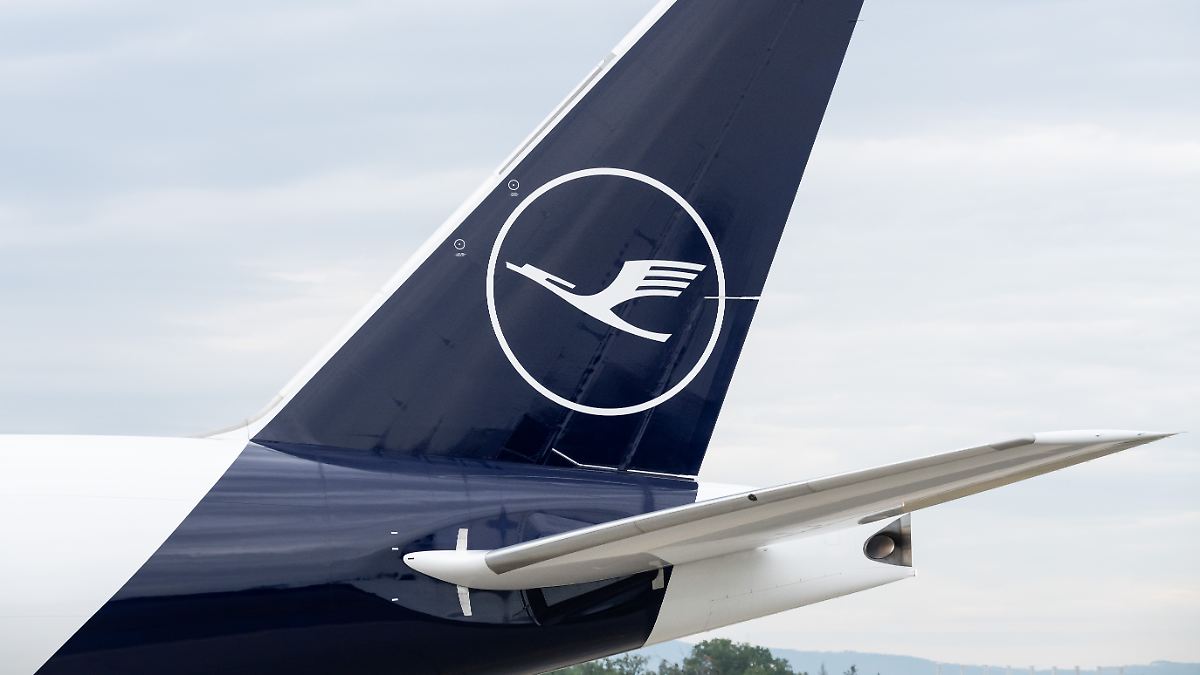Wohnungsbau Sentiment Improves Despite Persistent Order Shortages
German Industrialist Clashes with Town Over Traffic Calming Measures
Knorr-Bremse Acquires Dutch Digital Platform TRAVIS to Expand Commercial Vehicle Services
Berlin Protesters Challenge Merz With Diversity Rally at Brandenburg Gate
CSU's Guttenberg Defends Party's Incompatibility Resolution With Far-Right AfD
German Airline Lufthansa Plans 20% Reduction in Administrative Staff Through Digitalization

The Lufthansa Group has confirmed plans to eliminate 4,000 administrative positions by 2030 as part of a comprehensive cost-cutting initiative. The German airline conglomerate, based in Munich, announced that the reduction will affect approximately 20% of its administrative workforce outside direct flight operations. The move follows unconfirmed reports from the previous week that had circulated about significant job cuts within the company's administrative functions.
The restructuring plan involves extensive digitalization, automation, and consolidation of administrative processes across the organization. Lufthansa's announcement serves to formalize earlier speculation about workforce reductions that had been reported by news agencies including Reuters and German publication Handelsblatt. The company's leadership has emphasized the necessity of reducing administrative costs to improve overall efficiency and competitiveness in the challenging aviation market.
Lufthansa continues to face significant cost pressures and has struggled to return to pre-pandemic levels of capacity utilization and productivity. Unlike several other major European carriers, the company has not yet reached the operational capacity and productivity benchmarks it maintained in 2019, before the COVID-19 crisis severely impacted global air travel. The airline's financial performance has lagged behind European rivals IAG and Air France-KLM, with Lufthansa reporting a margin of just 4.4% last year.
As part of its broader transformation strategy, Lufthansa has also established new medium-term financial targets, aiming for an adjusted operating margin of 8-10% from 2028 onward. This represents an increase from the previous target of 8%, which the company had rarely achieved due to persistent high costs. The current restructuring follows earlier workforce reductions during the pandemic, when approximately 20,000 positions were cut, and recent announcements about consolidating flight network operations and IT functions across its airline subsidiaries including Swiss, Austrian, and Brussels Airlines.